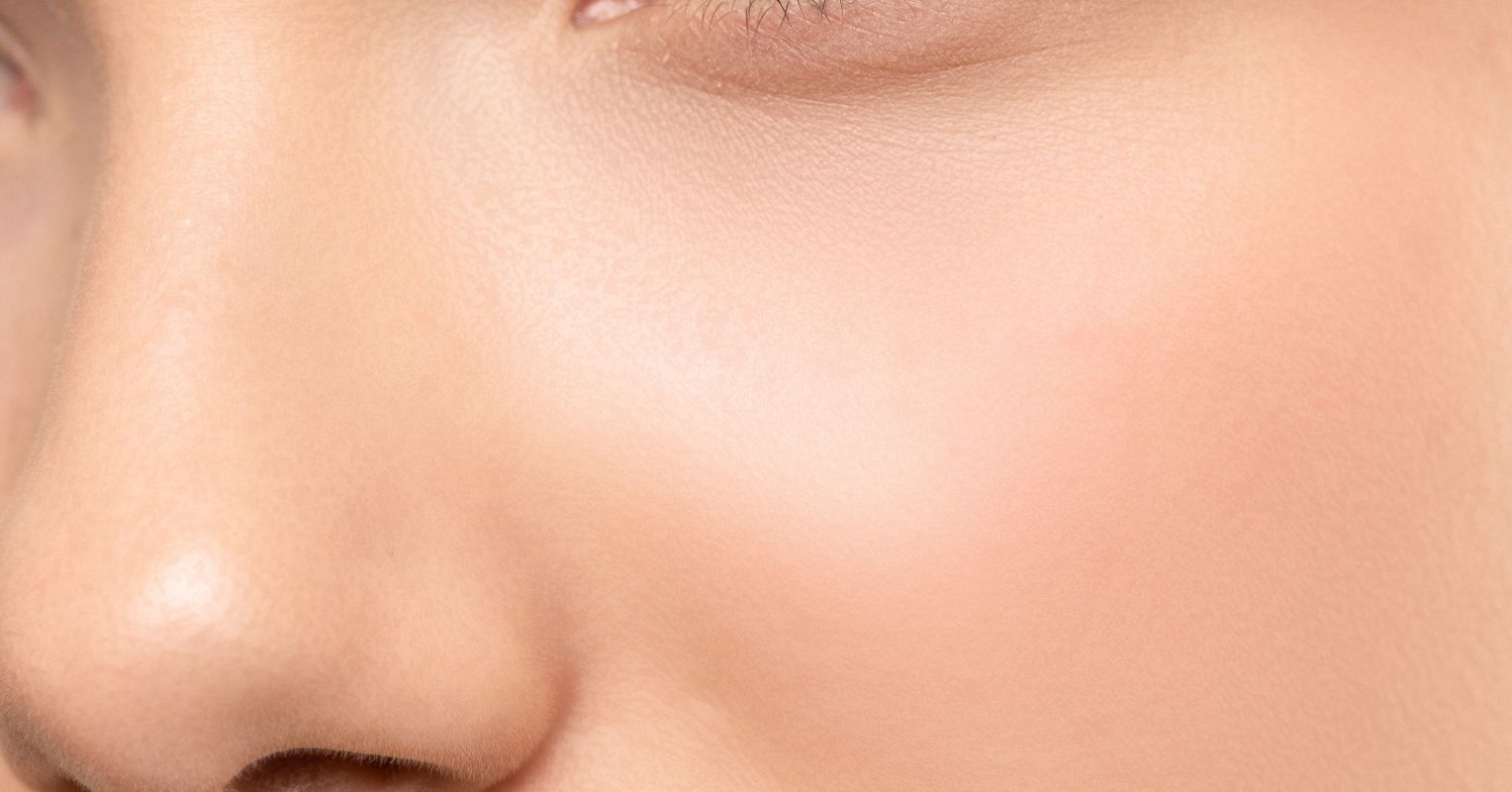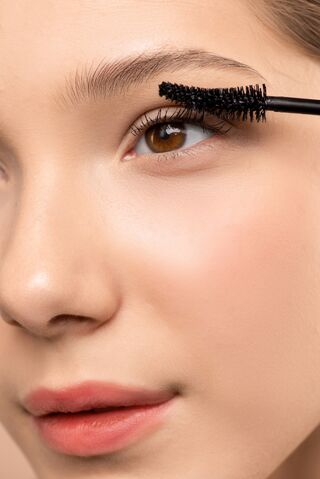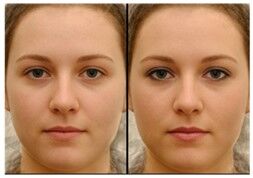InMemoriam
Celiacel
★★★★★
- Joined
- Feb 19, 2022
- Posts
- 8,732

The Power of Made-Up Attraction
New research reveals how cosmetics affect facial perceptions.

Carlota Batres Ph.D.
Let's Face ItThe Power of Made-Up Attraction
New research reveals how cosmetics affect facial perceptions.
Posted October 12, 2022 | Reviewed by Gary Drevitch
Source: Shiny Diamond/ Pexels
Makeup is a form of body art that has been used for millennia to change the appearance of the face. Though styles of makeup have varied across time and between cultures, the actual modification of the face tends to be strikingly similar, with an emphasis on making the skin appear more even and the facial features more prominent.
Numerous studies have found that female faces are seen as more attractive when wearing makeup. Faces wearing cosmetics also elicit positive implicit responses and increase activation of reward circuitry in viewers’ brains. It is thus clear that makeup changes the way that faces are perceived, and in particular that makeup increases attractiveness. However, it is unclear exactly how makeup affects attractiveness.
A new scientific article published today (on which I am a co-author) aimed to answer the question of how makeup affects perceptions of facial attractiveness. More specifically, we tested the idea that makeup increases attractiveness by manipulating biologically-based visual factors of attractiveness, such as symmetry, averageness, femininity, and health.
In order to answer this question, we collected two sets of facial stimuli. The first set was comprised of 44 female university students who self-applied their own cosmetics. The second set was comprised of 32 women, ranging in ages from 18-52, who had cosmetics applied by a professional makeup artist. All of the women were photographed with no makeup and then after the makeup application.
Across six separate studies, participants then viewed these faces. Each participant viewed every woman only once (either with no makeup or with makeup) and rated only one trait (e.g., attractiveness, symmetry, averageness, femininity, health).

An average of some of the faces without makeup (left) and an average of some of the faces with makeup (right) used in the studies.
Source: Batres, Jones, Barlett, Porcheron, Morizot, & Russell/ Psychology of Aesthetics, Creativity, and the Arts
We found that makeup affected all of the factors. More specifically, we found that the same faces with makeup were rated as more symmetrical, more average, more feminine, and more healthy. Furthermore, we found that the effect of makeup on attractiveness was explained by the modification of these factors.
So what about these factors makes faces look more attractive? They are all linked to perceived health. More specifically, symmetrical faces are associated with stronger immune systems, average faces are seen as having less harmful genetic mutations, and femininity is connected to levels of reproductive hormones.
Taken together, these results provide evidence that makeup makes faces more attractive because it modifies these visual factors. The study “Makeup works by modifying factors of facial beauty” which was conducted alongside Richard Russell, Alex Jones, Christopher Barlett, Aurélie Porcheron, and Frédérique Morizot was published today in the scientific journal Psychology of Aesthetics, Creativity, and the Arts.





